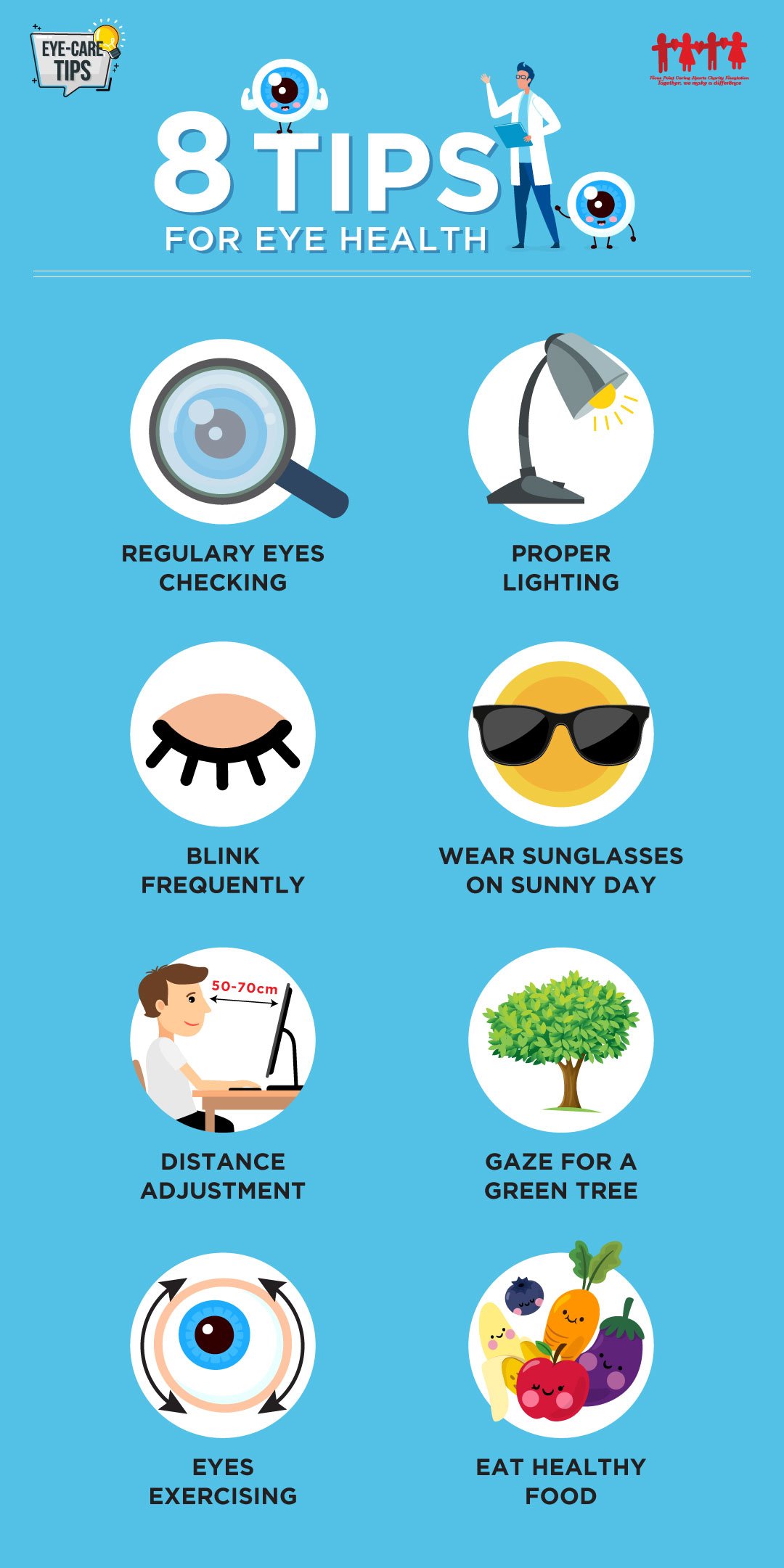How Our Lifestyle Choices Influence Ocular Health
Our own sight are frequently regarded as these windows to our inner selves, yet these may also be significantly affected by our lifestyle choices. Ranging from our nutrition together with workout routines along with digital device usage along with sleep habits, every element of how we live affects our well-being our vision. As advancements in technology continues to weave itself of the daily fabric, understanding how these lifestyle decisions influence our vision becomes increasingly important.
Eye care services are crucial in maintaining as well as boosting the health of our eyes. Routine check-ups can help detect concerns prior to them becoming severe, whereas learning about proactive strategies allows people to choose wisely. Through integrating eye care services into our lifestyles together with being mindful of how our lifestyles impact our vision, one can take measures to guarantee the maintenance of our eye health across our lifetimes.
Nutrition and Vision Care
Good nutrition plays a crucial role in supporting healthy eye health. A nutritious diet that includes necessary nutrients can help avoid various eye diseases and boost overall visual function. Nutrients like vitamins A, C, and E, together with omega-3 fatty acids and zinc, play a role substantially to the health of your eyes. Foods like leafy greens, fish, nuts, and colorful fruits and vegetables are excellent sources of these vital nutrients. Adding these foods into your diet can support long-term eye health and minimize the risk of conditions like macular degeneration and cataracts.
Antioxidants present in many fruits and vegetables aid fight oxidative stress, which can damage eye cells over time. For instance, lutein and zeaxanthin, carotenoids found in dark leafy greens and egg yolks, are known to filter harmful blue light and shield retinal cells. Including a range of colorful produce such as carrots, sweet potatoes, and bell peppers can offer your eyes with the required vitamins and minerals to stay healthy. Understanding the relationship between nutrition and eye health emphasizes the importance of dietary choices in safeguarding your vision.
Additionally, staying hydrated is important for maintaining good eye health. Dehydration can lead to dry eyes, which can cause discomfort and blurred vision. Drinking plenty of water and eating hydrating foods like cucumbers and watermelon can aid keep your eyes moist. Moreover, reducing excessive consumption of processed foods rich in sugar and unhealthy fats can minimize the risk of getting diabetic retinopathy. By emphasizing nutrition, you can proactively improve your eye care services and help maintain maintaining your vision.
Screen Time and Eye Health

Excessive screen time has turned into a prevalent issue in today’s digital age, significantly impacting eye health. Many individuals spend hours daily on laptops, tablets, and smartphones, often leading to digital eye strain. Signs such as dryness, tiredness, and blurred vision can emerge from extended exposure to screens, highlighting the need of regular eye care services . Professionals recommend the 20-20-20 rule, which encourages taking a break every 20 minutes to look at something 20 feet away for at least 20 seconds to alleviate strain.
Moreover, blue light emitted by screens can interfere with sleep patterns and may lead to long-term eye health concerns. The increased use of digital devices has prompted eye care services to offer solutions such as blue light filtering lenses and advice on screen use. Regular eye examinations can help track any potential harm and ensure interventions are taken swiftly. Ensuring adequate lighting and adjusting screen brightness can also play a crucial role in reducing discomfort from screen exposure.
Additionally, incorporating eye-healthy habits into daily routines is important. Staying hydrated, following a balanced diet rich in vitamins A, C, and E, and engaging in outdoor activities can strengthen eye health. Eye care services are vital in educating individuals on the importance of these lifestyle choices to mitigate the negative effects of screen time. As technology continues to evolve, proactive measures regarding eye health will help sustaining vision well into the future.
Frequent Vision Examinations
Regular eye examinations is crucial for ensuring good eye health and catching potential problems before they escalate. Many people overlook the significance of these check-ups, frequently thinking that they only need to see an ophthalmology professional if they experience problems. However, routine check-ups can help discover conditions such as cataracts, diabetes-related vision issues, and vision loss before they lead to significant vision loss.
During a normal vision check-up, the optometrist or optometrist will check your sight and examine the health of your eyes. This includes testing for focusing issues, which can be easily fixed with spectacles or lenses. Additionally, testing for any signs of ocular conditions is included in the examination. These examinations can also feature tests to check eye pressure, analyze the nerve connecting the eye to the brain, and inspect the back of the eye, providing a comprehensive view of your eye health.
Adding routine vision examinations into your healthcare routine can greatly aid to ensuring vision health. Specialists suggest scheduling these appointments annually, especially for those 40 and above or those with higher chances such as a heritage of vision problems. By focusing on these check-ups, you can ensure proactive management of your eye care and help maintain your sight for a long time to come.